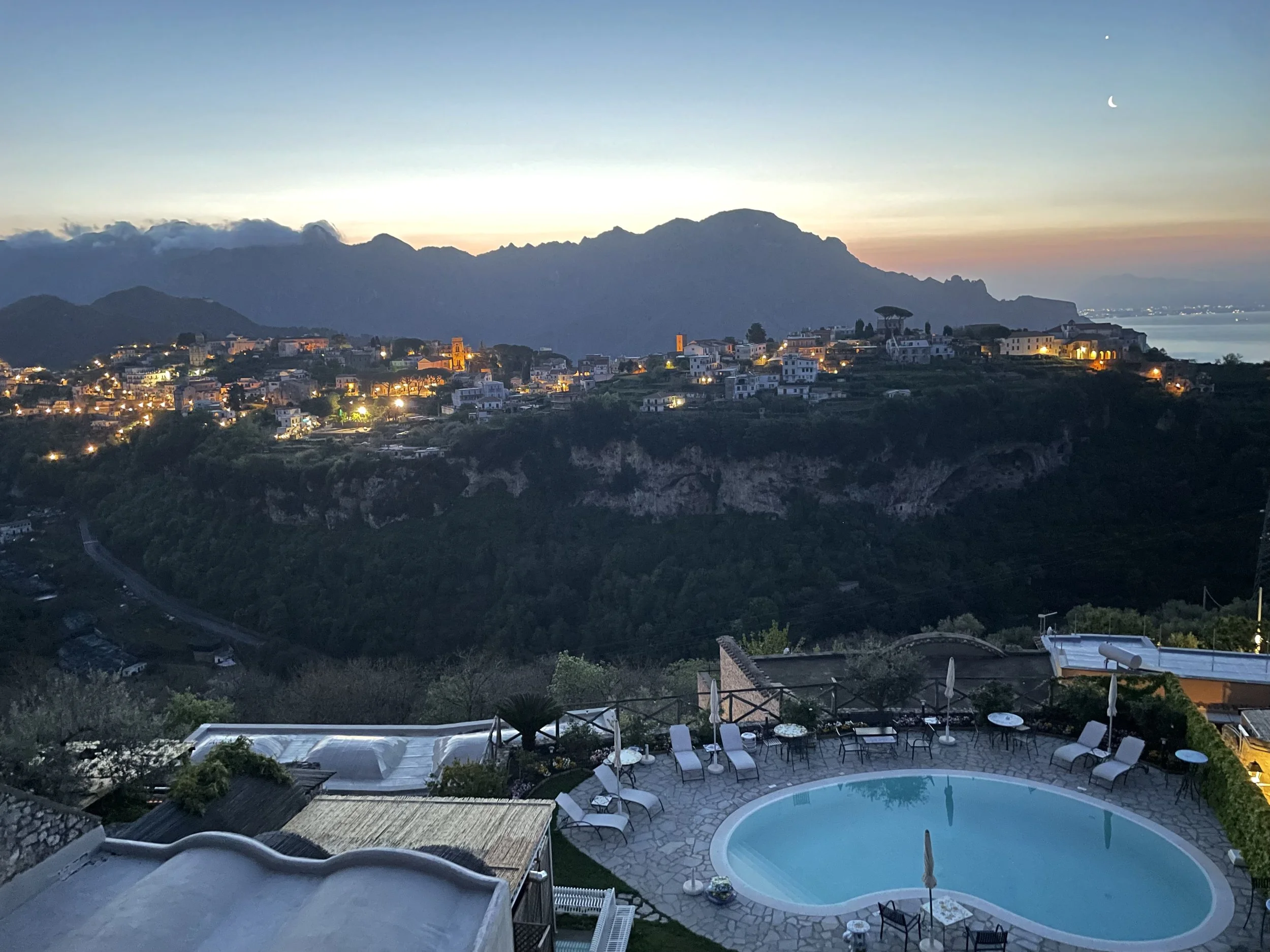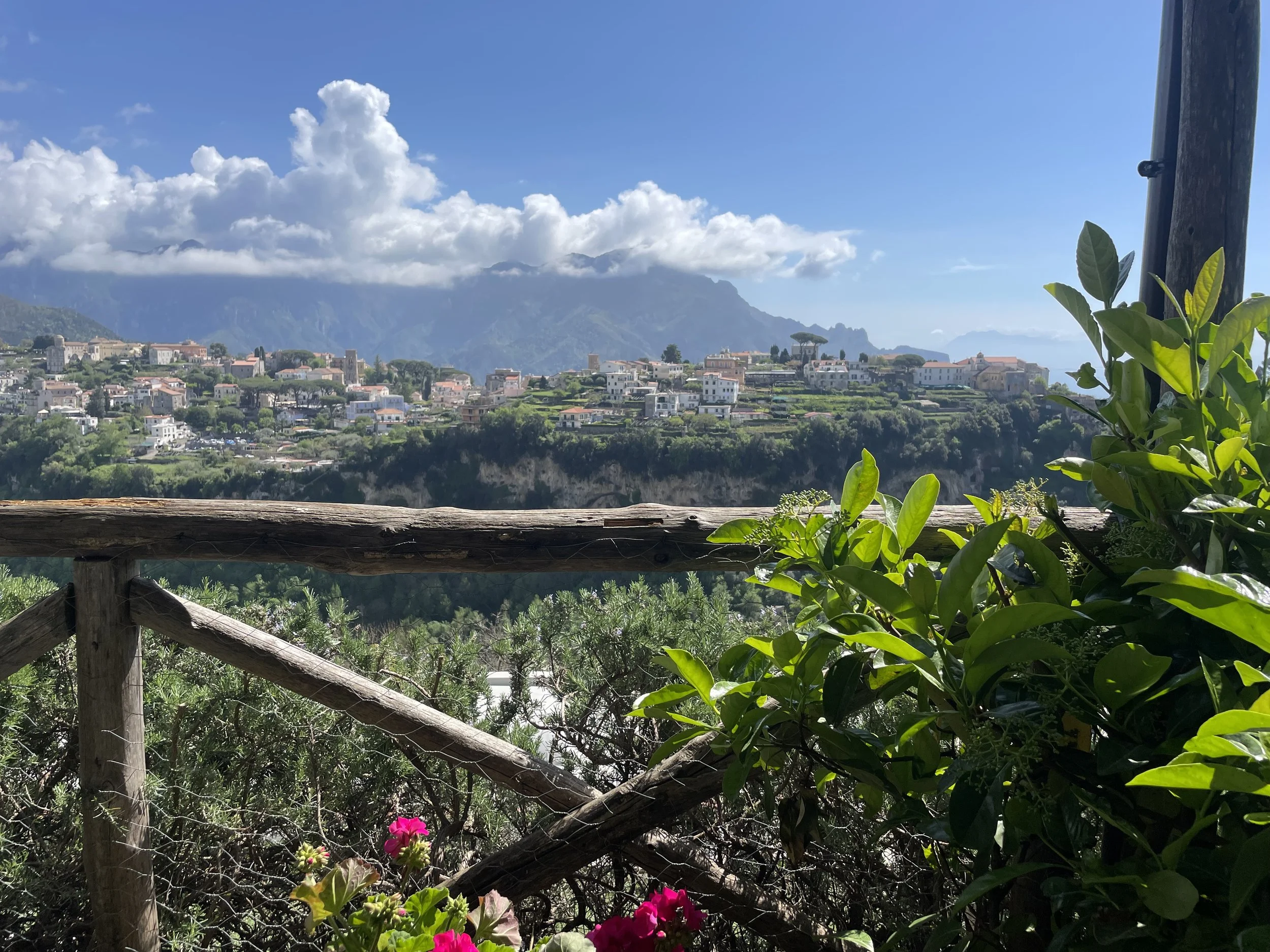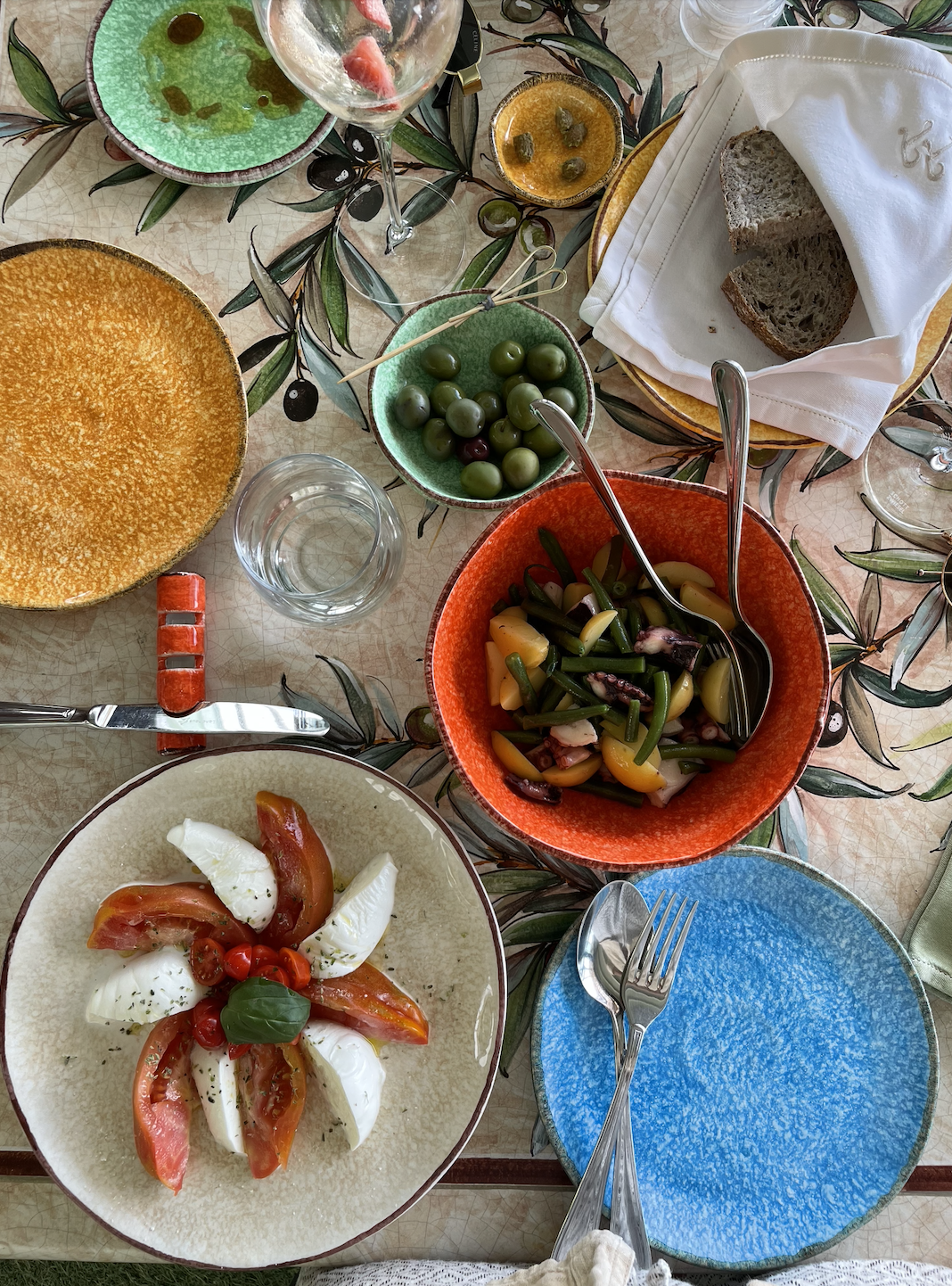Palazzo Pascal: A Noble Echo Above The Amalfi Coast
Perched high above the shimmering coastline of Amalfi, amidst the lemon-scented terraces of Scala, stands Palazzo Pascal—a noble residence of rare distinction and timeless elegance. With origins stretching deep into the medieval fabric of southern Italy, this palazzo, once the preserve of aristocratic families and ecclesiastical stewards, now offers a refined window into the region’s layered past.
The Palazzo is located in Borgo Minuta, a hamlet so picturesque it might have sprung from the pages of a Renaissance pastoral. Here, just across from the Romanesque Church of the SS. Annunziata, whose foundations date to the 9th century, Palazzo Pascal first emerged—not as a hotel or private villa, but as a residence for nobles and dignitaries tied to the once-mighty Maritime Republic of Amalfi.
Unlike many grand houses of the region, Pascal bears the dignity of continuity; its name, taken from the Pascal family, remains etched into its identity. Painstaking restoration has not sought to erase time’s passage but rather to interpret it—celebrating the marks of centuries with discretion and grace.
While Ravello and nearby Atrani boast architectural flourishes from Moorish domes to Baroque interiors, Palazzo Pascal leans toward a more grounded elegance. The façade, restrained and rhythmic, gives way to interiors that combine vaulted ceilings, terracotta floors, and airy loggias that frame one of the most arresting views in all Campania: a sweep of sea and hillside, broken only by tiled rooftops and the occasional bell tower.
Of particular note are the gardens—modestly proportioned yet exquisite in arrangement. Stone steps wind through olive groves, citrus trees, and medicinal herbs, echoing the traditions of monastic cultivation that once dominated these hills. The Belvedere Terrace, poised at the edge of the slope, offers a prospect that is at once dramatic and serene—the kind of view that caused Wagner, during his visit to nearby Villa Rufolo, to muse on paradise.
Now restored as a boutique albergo diffuso, the first of its kind on the Amalfi Coast, Palazzo Pascal has found new purpose. The structure respects its noble bones while embracing a lighter, more contemporary sensibility. Interiors, curated with Italian textiles, hand-painted Vietri tiles, and bespoke lighting, strike a balance between sumptuousness and restraint.
Seven suites occupy the main palazzo, each named after classical muses, while a dependance—a former rural annex with 18th-century roots—houses additional guest rooms nestled among vineyards and oleander. A discreet swimming pool, framed by rosemary and dry stone walls, completes the scene, offering quiet refuge from the Amalfi summer sun.
The experience of staying at Palazzo Pascal is one not merely of comfort, but of immersion. Guests are invited to take part in the rhythms of the landscape—cooking with local produce, walking the stone paths to Atrani and Ravello, or exploring ancient ruins like the Basilica di Sant’Eustachio, which rises like a dream from the forested hills above.
There is, too, the cellar—once a Templar outpost, now home to the palazzo’s wine collection—where tastings are held beneath ribbed arches lit by candlelight. These are moments not of performance, but of quiet continuity; the past, here, is not ornamental—it lives.
Adding to its rarefied charm is the Palazzo’s acclaimed Michelin-starred restaurant, where traditional coastal flavours are reimagined with refined precision. Housed within the original vaulted dining room and spilling out onto a candlelit terrace, the restaurant is overseen by a chef whose reverence for local ingredients—sun-drenched lemons, line-caught seafood, and hand-rolled pastas—translates into a menu both rooted and revelatory. It is not simply a meal, but a cultural expression: each course a quiet homage to Campania’s culinary soul, served against the enduring backdrop of sea, stone, and sky.
In a region crowded with converted villas and gleaming resorts, Palazzo Pascal offers something rarer: authenticity. It is a place where the stones speak, where light traces the same arc across walls that it has for centuries, and where the conversation between history and landscape continues in soft, unbroken tones.
For those who seek not just a room with a view, but a place of depth, rootedness, and cultural resonance, Palazzo Pascal remains one of the Amalfi Coast’s finest and most poetic addresses.







